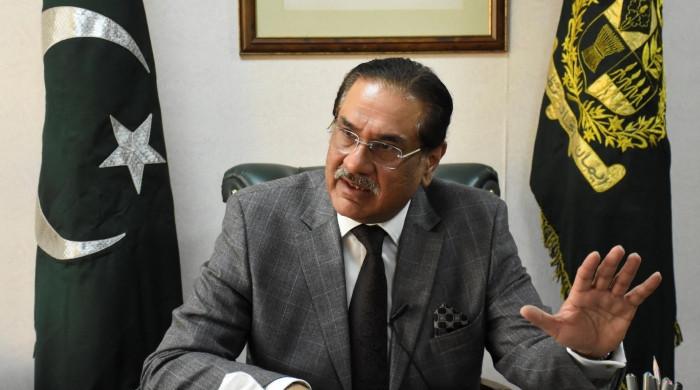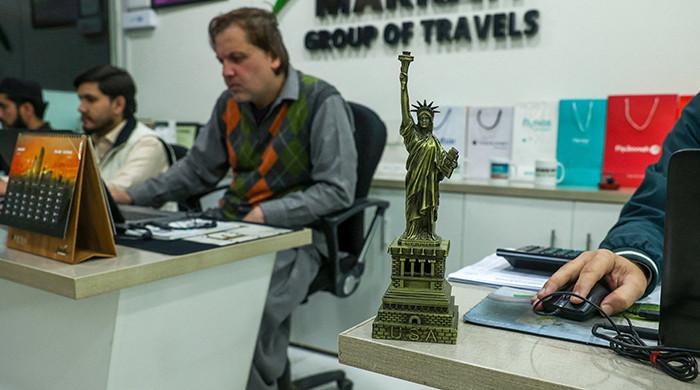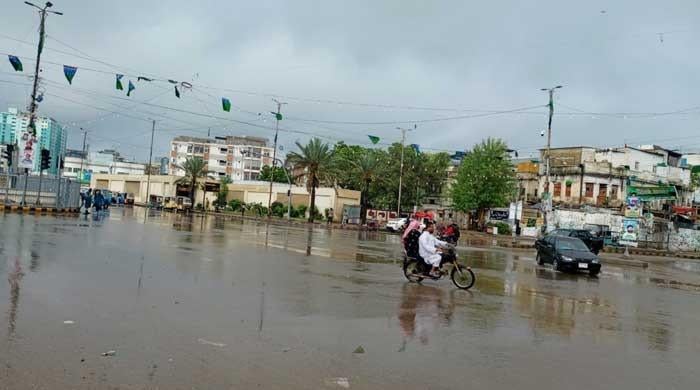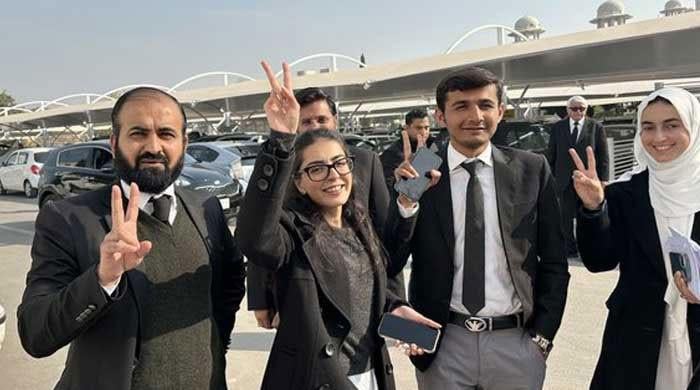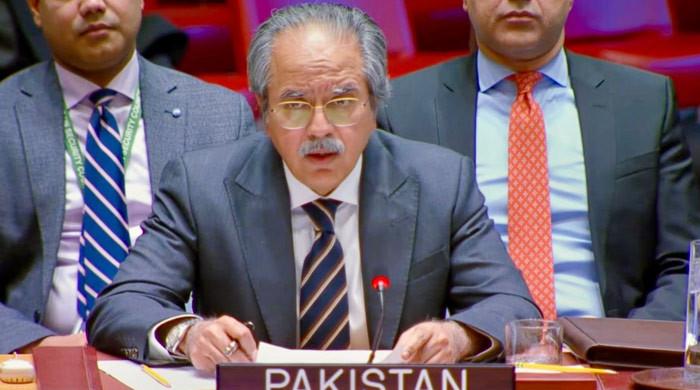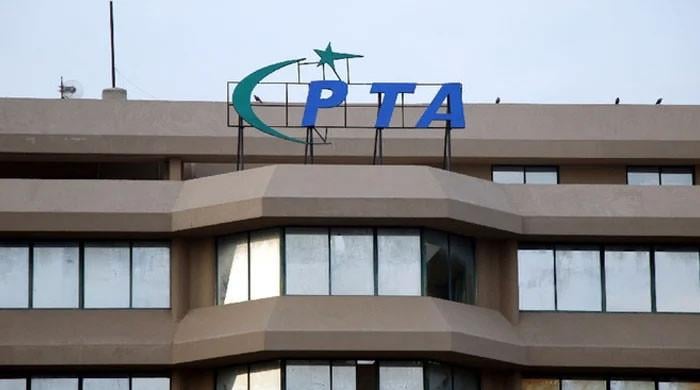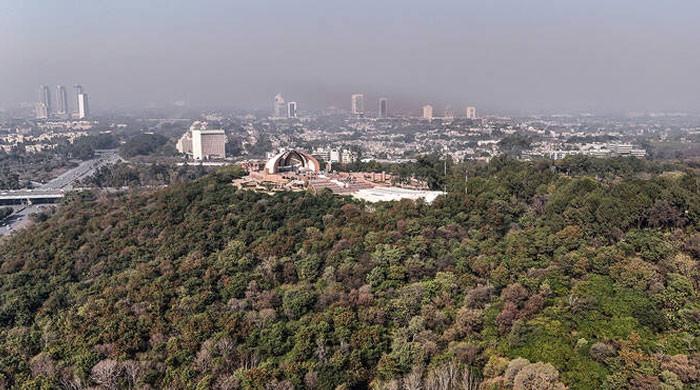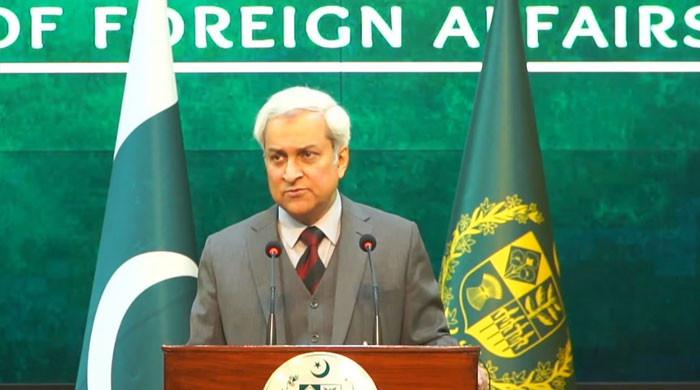US backs direct India-Pakistan dialogue
"We support direct dialogue between India and Pakistan on issues of concern," State Dept says
August 03, 2023
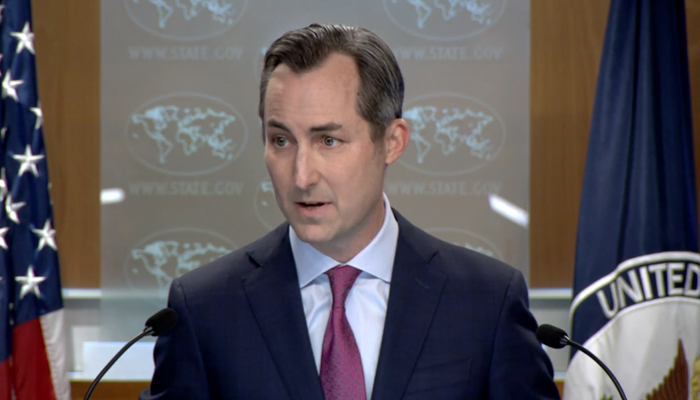
- US says it has long called for dialogue between neighbours.
- "We support direct dialogue... on issues of concern," it says.
- PM said he was ready to talk with Indian on "serious" issues.
WASHINGTON: The United States has said that it backs direct talks between arch-rivals India and Pakistan.
Prime Minister Shehbaz Sharif has proposed to initiate dialogue with the neighbouring nation, provided it is "serious".
US State Department's spokesperson Matthew Miller told a press briefing in Washington on Wednesday that America has long-supported such talks.
"As we have long said, we support direct dialogue between India and Pakistan on issues of concern. That has long been our position," he said.
On Tuesday, in his bid to further regional development, PM Shehbaz reiterated his willingness to collaborate with India, emphasising that Pakistan harbours "nothing against anyone".
Despite a history of strained ties between the two nations, marred by three wars since their independence in 1947, the premier seeks to promote valuable engagement.
However, bilateral relations have remained seriously impacted since India's decision to revoke the special status of occupied Jammu and Kashmir in August 2019, leading to a virtual standstill in diplomatic interactions between the two countries.
"We are prepared to talk with everyone, even with our neighbour, provided that the neighbour is serious to talk serious matters on the table because war is no more an option," PM Shehbaz said.
He mentioned that the country has fought three wars with India in the last 75 years, which only resulted in increased poverty, unemployment, and lack of resources to finance education, health, and well-being of the people.
He stressed that this is not the way to adopt, but to fight through economic competition in the region.
"Because if there is any nuclear flashpoint, who will live to tell what happened? So (war) is not an option," he said, insisting that while Pakistan understands the issue, it is also equally important for India to realise the same.




